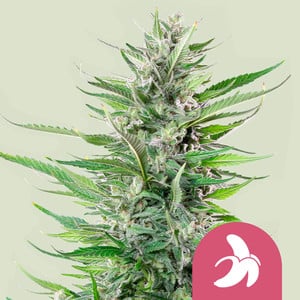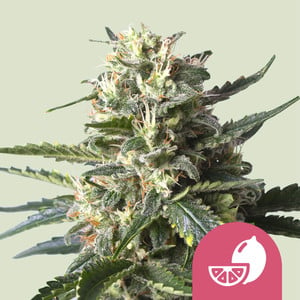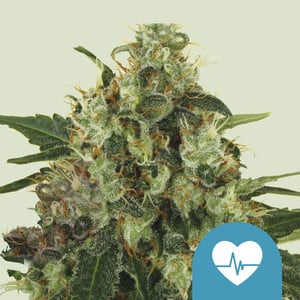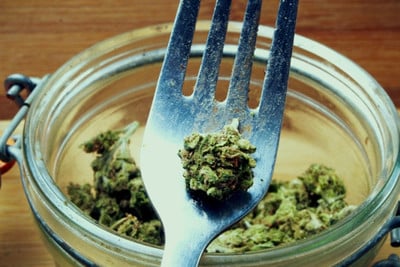.

Top 10 Mistakes Rookies Make When Cooking Edibles
Whether you're new to making edibles or you've never quite gotten it right, we examine the typical mistakes people make when cooking with weed. Read on to right your wrongs and head towards a world of culinary cannabis delights.
Contents:
- Cooking with raw cannabis
- Grinding your cannabis too fine
- Spending huge amounts of money on your cooking bud
- Forgetting to add water to your oil or butter
- Squeezing out every last drop of the infusion
- Not testing the potency of your infusion before cooking
- Failing to stir and distribute
- Not knowing how to incorporate concentrates
- Ignoring portion size
- Ignoring strain choice
There are so many inventive ways to enjoy cannabis, and edibles is one of our favourites. We run through some of the most common mistakes to avoid below, so you can make delicious, potent edibles every time.
1. COOKING WITH RAW CANNABIS
The number one mistake newbies make? Trying to use raw cannabis.
Heat is necessary to activate the THC and/or CBD in cannabis, via a process known as decarboxylation. While it sounds complicated, it is actually quite simple. Start by preheating your oven to 110–120°C. Now, spread your ground weed on a cookie sheet and pop it in the oven for around 1 hour. Make sure to stir the bud AT LEAST every 15 minutes—you want to activate the compounds, not burn them.
When making cannabutter, remember you will have to keep the temperature low and steady for an extended period, which slow cookers are perfect for (if you have one).
Remember: You MUST decarboxylate your bud before adding it to fat.

2. GRINDING YOUR CANNABIS TOO FINE
While some canna chefs recommend grinding cannabis with a food processor or coffee grinder, there are convincing reasons not to. Pulverising the bud gives edibles a grassy flavour you may not enjoy, and it can cause your butter or oil to turn a dark shade of green. Instead, use a coarse grinder—ideally you're looking for the consistency of coarse salt.


3. SPENDING HUGE AMOUNTS OF MONEY ON YOUR COOKING BUD
A little goes a long way. Many novices waste lots of bud when they start experimenting in the kitchen. In general, you do not need a huge amount of cannabis to create the punch you are looking for. Check out this cannabutter recipe to get an idea of how much you should be using.
Unlike smoking, you aren't just looking to use the primo bud. You can also extract valuable cannabinoids from shake, stems, leaves, and trim. Shake is the leftover pieces at the bottom of your bag that frequently contains a mix of several kinds of cannabis. Commercial kitchens, especially in the United States, often use mixed bud for their cooking, so if you can find it, consider this option. Save the prime stuff for smoking.

4. FORGETTING TO ADD WATER TO YOUR OIL OR BUTTER
While some purists will tell you this is hearsay, adding water to your infusion is a nifty trick. This way, your butter/oil won't burn and your cannabinoids won't degrade. There is no exact amount of water to add, but try to use at least as much water as oil or butter. The water boils off. You can also see the difference in your “washed” end product. It is not as green.
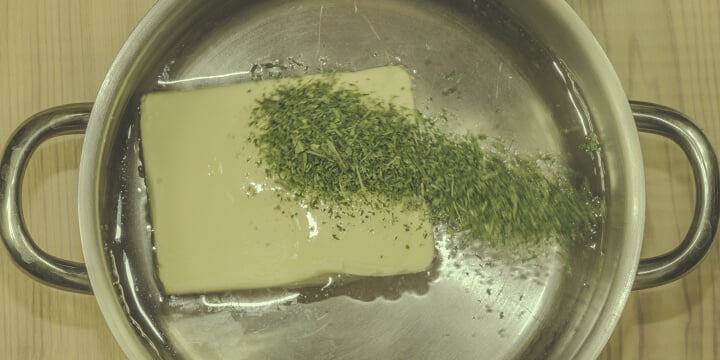
5. SQUEEZING OUT EVERY LAST DROP OF THE INFUSION
After infusing cannabutter, you’ll need to slowly and carefully strain it. As with many things in the kitchen, cheesecloth is the most ideal filter as it only lets the oil through. Be careful not to squeeze too hard because you might end up with excess plant material in your mix. Instead, be gentle and let it filter over a bowl so gravity does the work for you.

6. NOT TESTING THE POTENCY OF YOUR INFUSION BEFORE COOKING
Cooking at home with cannabis does not have to be a game of Russian roulette. It is crucial, especially if trying a new recipe, to test the octane. Check out how potent your infusion is before you cook.
Take a small teaspoon of your newly enriched fat as a personal dose. Wait an hour and gauge the effects. This will help you determine how strong the batch is.
Another alternative is to add your infusion as a topping or drizzle over a recipe at first. This is an effortless way to control the dose and gauge the effects when taken with food, and to determine how long it takes to kick in.
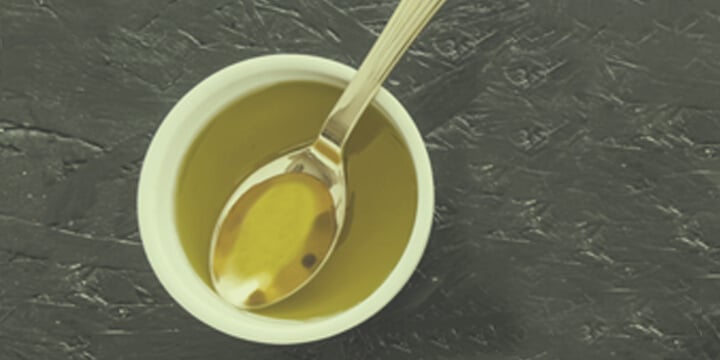
7. FAILING TO STIR AND DISTRIBUTE
When adding infused oil or butter to a recipe, you will also need to make sure it is distributed evenly throughout. Otherwise, some people will feel nothing and others may end up in space. Stir your recipe. And then stir again.

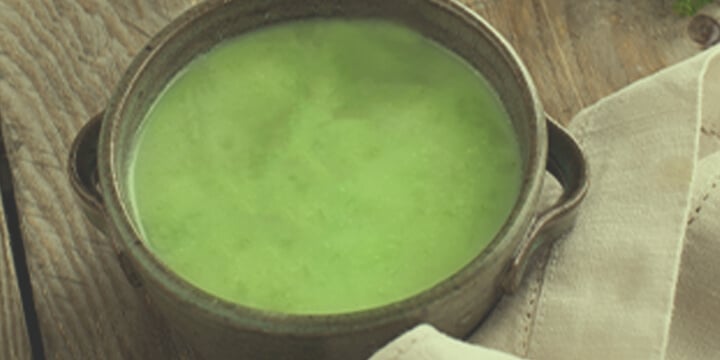
8. NOT KNOWING HOW TO INCORPORATE CONCENTRATES
Cooking with premade concentrates is also an art that takes a little practice to get right.
Cooking with kief is fun and easy. Its fine texture dissolves almost instantly in liquids and fats, sometimes even at room temperature. Hash, however, will take a little preparation, and this also depends on its consistency. Dry hash can be put in a food processor to grind it. A sticky variety needs to be heated until it melts.
Keep in mind that cannabis concentrates are stronger than regular bud, so you will need comparatively less to achieve the same potency.
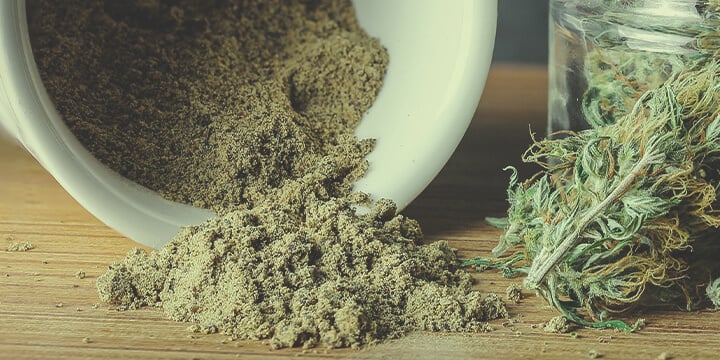
9. IGNORING PORTION SIZE
When it comes to knowing how potent your edibles are, it's crucial to calculate the doses. On average, most bud today contains between 15–20% THC, but what does this mean when you're cooking with it?
If we lived in a world where 100% of the THC from the plant is transferred to your edibles, a strain with 20% THC would break down like this:
1 gram of bud = 1000mg dry weight = 200mg THC
So, if you were making a beginner's sized edible (usually between 5 and 10mg per edible), then 1 gram of herb would make you 20 edibles. But, we don't live in a world of 100% transfer—instead, you can expect around 50% transfer. So, to make 20 edibles from a 20% THC herb, you're going to need 2 grams of bud.
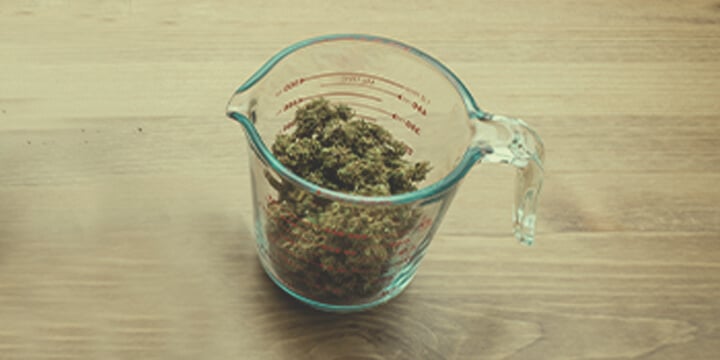
10. IGNORING STRAIN CHOICE
In precisely the same way as when you're smoking it, different strains promote different effects. While this has a bit to do with the genetics of the plant (indica vs sativa), you'll find that specific cannabinoid and terpene profiles play the largest role here.
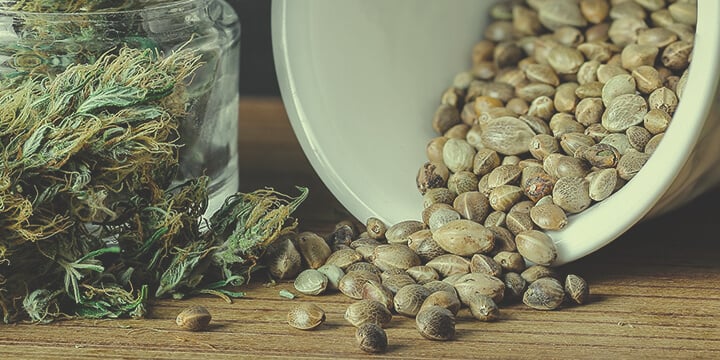
Terpenes are responsible for the flavours and aromas of a plant. As we learn more about cannabis, we're discovering that terpenes also play a massive part in the herb's effects too.
The entourage effect is a phenomenon of chemical synergy that occurs between various cannabis compounds when ingested together. This applies to THC, CBD, terpenes, as well as the other myriad compounds in the plant.
Depending on the effect you're looking for, one of the four strains below is a great place to start when making edibles:
• High in THC for a strong effect: Royal Gorilla
A 50/50 indica/sativa hybrid, Royal Gorilla features a pinene-dominated terpene profile, which translates to a cerebral high alongside a relaxing physical effect that puts the entire body at ease. Featuring THC levels at or above 25%, this strain is not to be underestimated! Dose with caution.

Fat Banana
|
|
Banana x OG Kush |
|
|
350 - 400 gr/m2 |
|
|
80 - 140 cm |
|
|
8 - 10 weeks |
|
|
THC: 25% |
|
|
Sativa 30% Indica 70% |
|
|
450 - 500 gr/plant |
|
|
170 - 200 cm |
|
|
Late September |
|
|
Calming |
• High-terpene aromatic strain: Lemon Shining Silver Haze
With a high concentration of limonene, the citrusy-sweet Lemon Shining Silver Haze will get you stoned and high. Limonene is known for its citrusy scents, with some isomers smelling of orange and some smelling of lemon. Either way, Lemon Shining Silver Haze will leave you invigorated and craving more.

Lemon Shining Silver Haze
|
|
Lemon Skunk x Shining Silver Haze |
|
|
600 - 650 gr/m2 |
|
|
80 - 140 cm |
|
|
9 - 10 weeks |
|
|
THC: 21% |
|
|
Sativa 75% Indica 25% |
|
|
650 - 700 gr/plant |
|
|
130 - 170 cm |
|
|
Middle of October |
|
|
Balanced, Clear, Stoned |
• Good THC:CBD ratio for a relaxed and clear-headed effect: Medical Mass
If you're looking for something with a soothing effect and less of a high, the spicy-sweet Medical Mass is one to indulge in. It will leave you clear-headed but at ease. Containing around 10% THC and 10% CBD, this strain is a great candidate for making medium-strength edibles.

Medical Mass
|
|
Critical Mass x CBD dominant plant |
|
|
500 - 550 gr/m2 |
|
|
60 - 100 cm |
|
|
10 - 11 weeks |
|
|
THC: 10% |
|
|
Sativa 40% Indica 60% |
|
|
500 - 550 gr/plant |
|
|
120 - 150 cm |
|
|
Late September |
|
|
Calming, Physically Relaxing |
• High in CBD for a soothing effect: Solomatic CBD
If you're interested exclusively in CBD and don't want to feel buzzed, Solomatic CBD is a fantastic alternative to Lemon Shining Silver Haze. It features a similar terpene profile, but without the high from THC. However, it does contain up to 21% CBD!

Solomatic CBD
|
|
Diesel CBD x Asia CBD Auto |
|
|
150 - 200 gr/m2 |
|
|
50 - 100 cm |
|
|
7 - 8 weeks |
|
|
THC: 1% |
|
|
Sativa 20% Indica 70% Ruderalis 10% |
|
|
30 - 80 gr/plant |
|
|
60 - 100 cm |
|
|
10 – 11 weeks after sprouting |
|
|
Clear, Light |


























